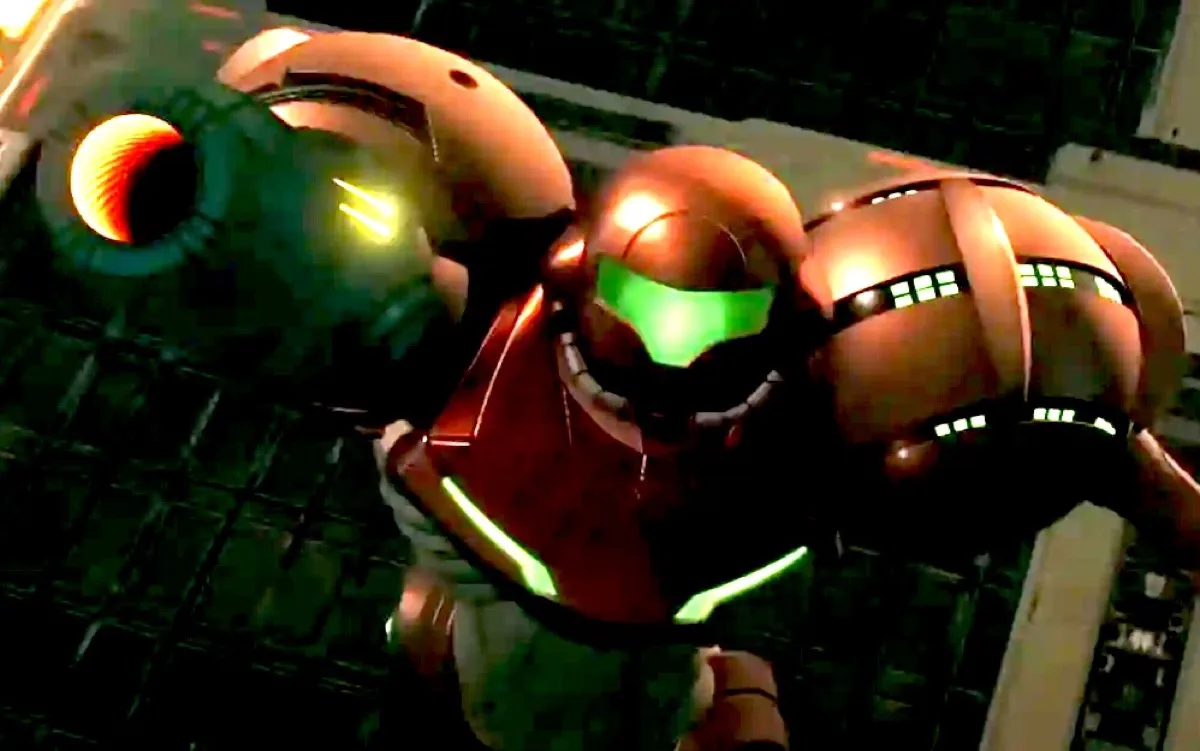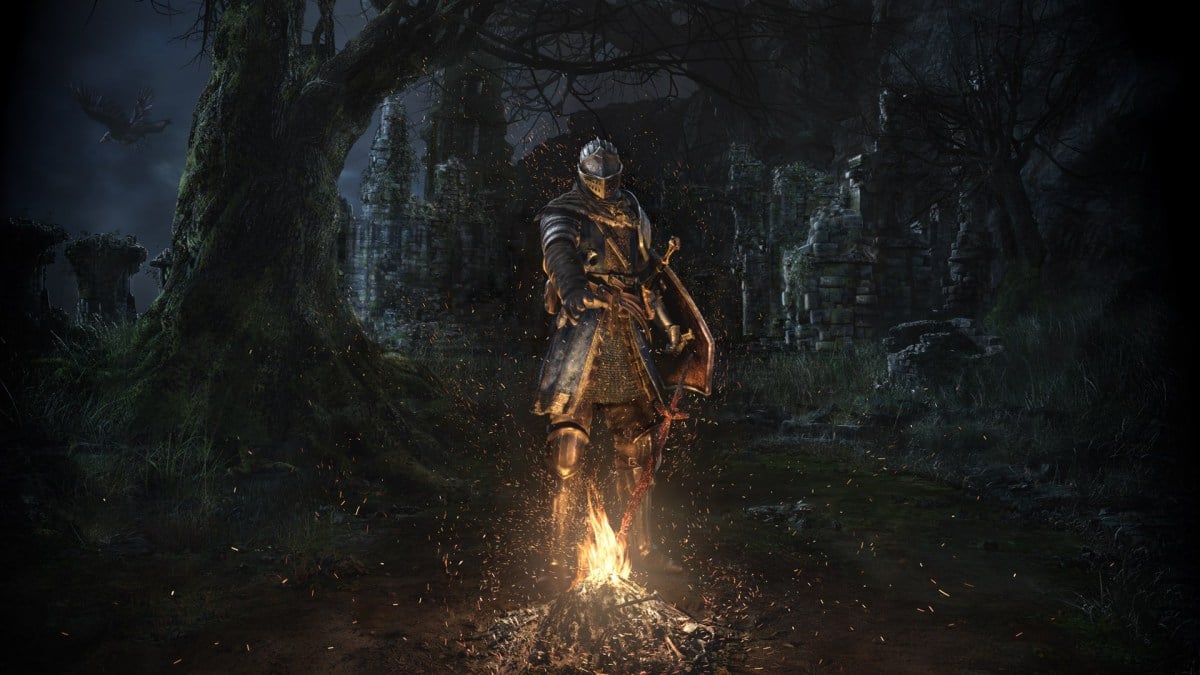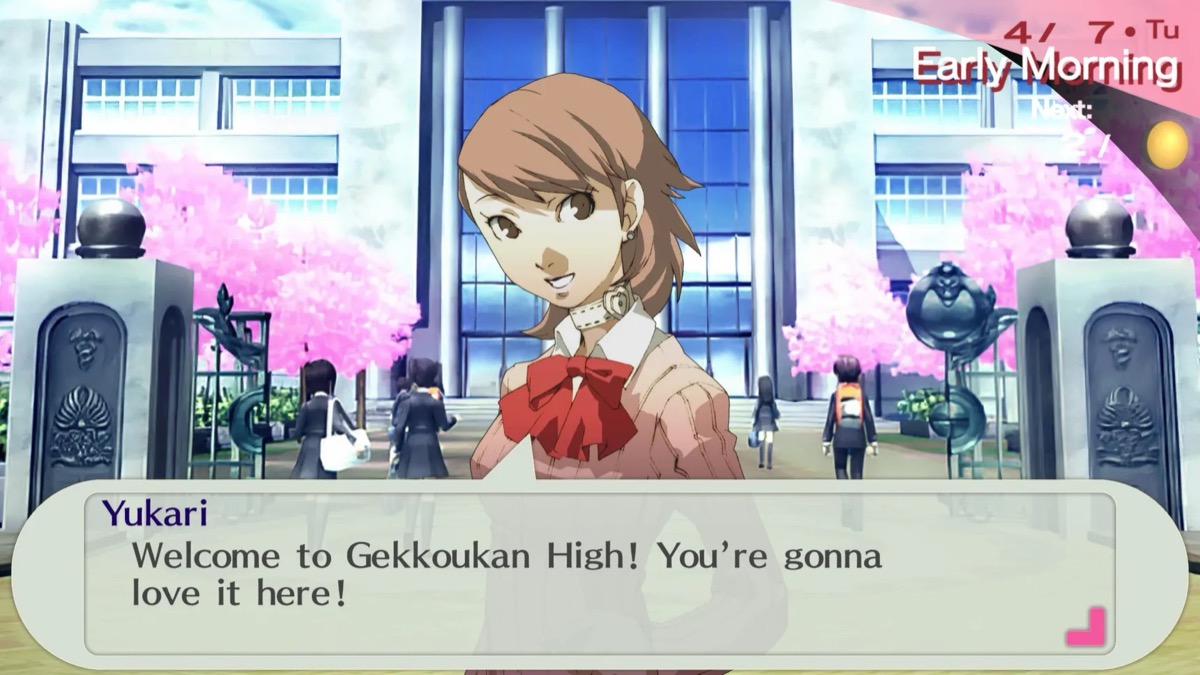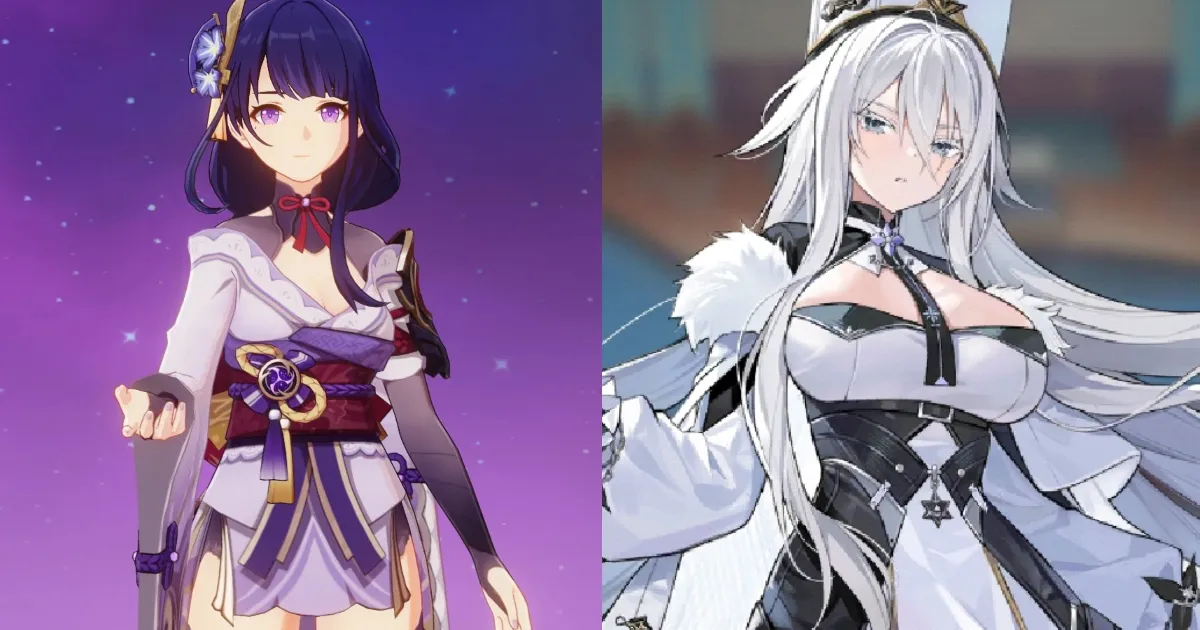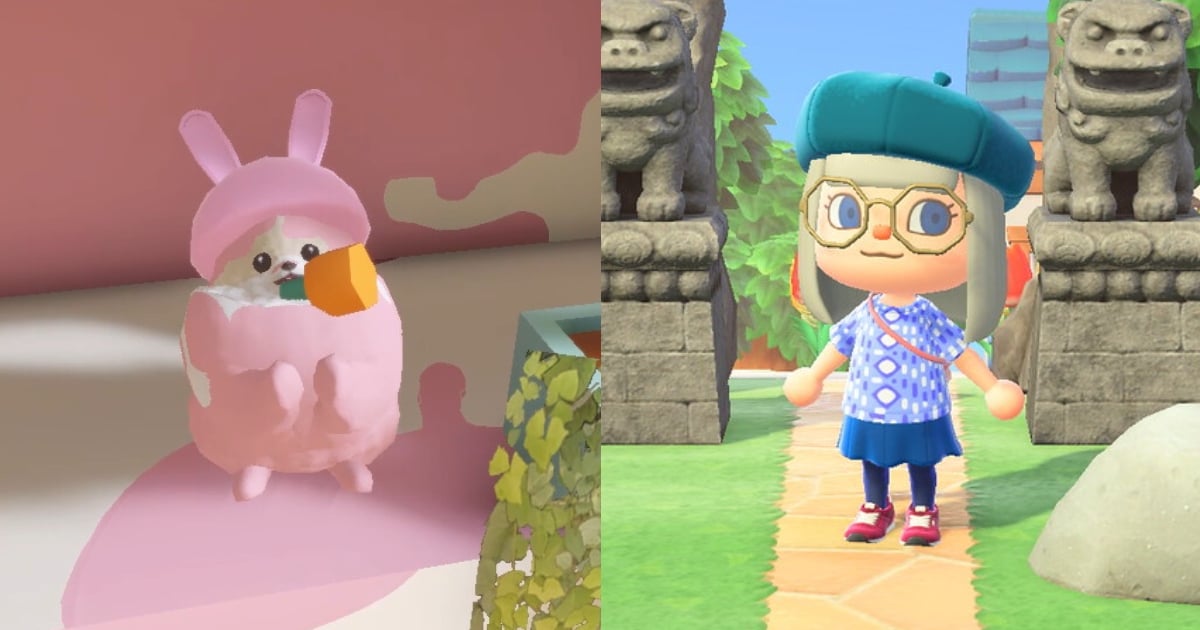Originally released in 2002, Metroid Prime is easily one of the most iconic and definitive first-person shooters ever released. At the time, Metroid was very definitively known as a 2D platformer. As beloved as the Prime series has become, it’s hard to imagine that the general public scoffed at the idea of turning Metroid into a 3D first-person shooter. Yet, Prime proved them all wrong. Developed by Retro Studios in the U.S., rather than Nintendo’s in-house Japan team, Prime was a huge surprise success—and hit.
Metroid Prime Remastered, which shadow-dropped after last month’s Nintendo Direct, has been heralded as a triumph and a delight that does the original game more than proud. Critics internet-wide have even celebrated it as a new gold standard for remasters, which I’d agree with—the game plays intuitively on the Switch, to an impressive degree. My biggest complaint is that it’s often prohibitively dark, although the original is apparently even darker.
But I’ve been putting off writing my thoughts about it for about a month now. Part of the reason is that, in order to fully give my attention to anything, I had to finish Fire Emblem Engage so it could be exorcised from my brain. (Three cheers for Alcryst—my dear boy, my terrified and ironically horrifying assassin!) But as I played more, I realized I couldn’t throw myself in line with the choirs of praise—even though I could appreciate that they were all correct and that I was playing an exemplary remaster of an exemplary game. My reasons for that are very specific and personal.
This one’s dedicated to the weenies who had a GameCube.
An ode to my GameCube years
The pinnacle gaming system of my childhood was, without doubt, the Nintendo GameCube. I adored my purple GameCube more than anything. I used it to play Mario Kart: Double Dash!! endlessly. (Still the best Mario Kart, come at me.) I was obsessed with Paper Mario and the Thousand Year Door. I floundered unsuccessfully through my would-be secret soulmate, The Legend of Zelda: The Wind Waker. I toddled my way through Super Monkey Ball. The OG Animal Crossing, Spider-Man 2, the beautiful mess that was Sonic Adventure 2—these defined the early years of Y2K for me.
One of the obvious omissions from this list is Metroid Prime. I knew none of the smart-sounding, historically-couching factoids I mentioned at the beginning of this article in 2002, of course. I was ten and getting the shit scared out of me by the giant carnivorous bugs in Pikmin. If that scared me, you honestly think I was playing Metroid Prime? Hell no! I was a full-on Weenie Hut Jr.-level weenie!
Also, my parents were still being super weird about (gasp!) “violence.” I couldn’t have played Prime at home if I’d wanted to. Seriously, I had to go over to friends’ houses to watch Powerpuff Girls.
A taste-defining game
All of this is to say that, in playing Metroid Prime Remastered, I’m having a weirdly existential experience. It’s the kind of game that would obviously shape a preteen’s gaming tastes for life. I wondered what kind of gamer I would be today if I had played this game in 2002 or 2003—probably the kind who truly and deeply understands the allure of Fortnite or feels curious about games like the Half-Life series or Destiny 2. Or I’d at least be able to play beyond the first couple hours of The Last of Us before shooting actual people makes me feel too guilty and sad.
Beyond playing Golden Eye multiplayer in a bid to seem cool to my godbrother and his six-years-old cool friends, I never developed the taste for first-person shooters. Even more than my attempts at The Last of Us (like the show, that game is designed to make you feel sad), playing Metroid Prime Remastered made it clear to me that I probably never will—which is a bizarrely melancholic realization to come to, because if I were ever going to develop that taste, given where my childhood lay on the gaming timeline, Metroid Prime in 2002 would’ve been the game to kick things off.
There’s a weirdly specific skill to first-person shooter gameplay that Metroid Prime Remastered has helped me discover I just don’t have: the jump style. Jumping, in every first person shooter I’ve played, feels like a mysterious, ungrounded, anti-gravitational phenomenon to me. You have no clue where you are on a platform unless you look down. It’s a muscle that people who grew up playing FPSes probably don’t think about, because it’s become intuitive to them. But as a third-person action player, this feels deeply disorienting to me, like a kind of gravity that operates on different rules than I’m used to. It feels like trying to walk in 10-inch heels after a lifetime of opting for flats.
Jumping shenanigans were how I started realizing that I was having trouble getting into Metroid Prime Remastered. In one particular instance, I had to double-jump onto two relatively narrow platforms. If I missed, I ended up in lava which eagerly drained Samus’s health. I missed that platform a lot. Poor Samus.
A 3D Metroidvania wonderland
In 2002, Metroid Prime burst open the possibilities for Metroidvania games, so-called in homage to Metroid and Castlevania, the games that defined it. Metroidvania is a sub-genre of action genres where you can freely wander around a setting and unlock new sections of the map with power-ups. Hollow Knight is popular modern example. I, personally, am a sucker for Castlevania: Symphony of the Knight, which holds up excellently for modern gameplay. Because they lean in so hard on exploration, with big-yet-limited maps, I often think of Metroidvanias as having “closed open worlds.”
This is the best part around Metroid Prime Remastered for me, a noob and a weenie who never plays FPSes: The genre’s ability, at its best, to be expansive within restriction is incredible to me. Metroid Prime is an … ahem … prime example of that style of gameplay and storytelling. The planet of Tallon IV unfolds in front of you, as you poke around winding tunnels and pathways, hoping to unlock a new area. It holds the same kind of “what’s behind this corner?” vibe as an excellent open world game, except that the tunnels all eventually come to a dead end or loop into one another. It helps that Retro Studios made these remastered locations look fantastic, even devoid of their original context.
The ambient storytelling, which must have certainly influenced developers like FromSoftware, is especially engaging. As you explore, you start piecing together the story of your environment’s history. Who were the Chozo, and what happened to them? The eeriness and mystery of Tallon IV became my primary drive for playing. Also, someone prophesied a woman savior for once? In the early 2000s? Badass.
Also, there’s no slick place for me to say this, but: The music slaps. Reminds me of Nine Inch Nails sometimes. Ah, the early 2000s.
(Waiting for me to compare it to the 2D platformer Metroid Dread? Another embarrassing personal admission: I’ve never played a Metroid game before. I’ve pined longingly after Dread, but have never had both time and $60 at the right moment. Sorry.)
Should you buy?
The praise Metroid Prime Remastered is getting is absolutely warranted. I’m personally in the very peculiar boat of having to admit, “This is very good; it’s just not really my thing.” I entered into this game hoping it would be the FPS that finally did it for me. Turns out, if you don’t normally go for first-person shooters, you probably won’t enjoy Metroid Prime Remastered to its fullest, which … should’ve seen that coming. Go for Dread instead if you want a good Metroidvania on the Switch. (I should take my own advice, eh?)
I think that’s honestly the only reason you wouldn’t want to get Prime Remastered, though—unless you’re suffering from crushing inflation, which is very understandable. If you have the cash and you loved the original, love FPSes, or are curious about it as a Piece of Gaming History (TM), I say go for it. There’s enough intrigue and ingenuity in this game, even twenty years after its release, that I still want to finish it. Someday. I’ll get the hang of those jumps eventually.
(featured image: Retro Studios/Nintendo)



